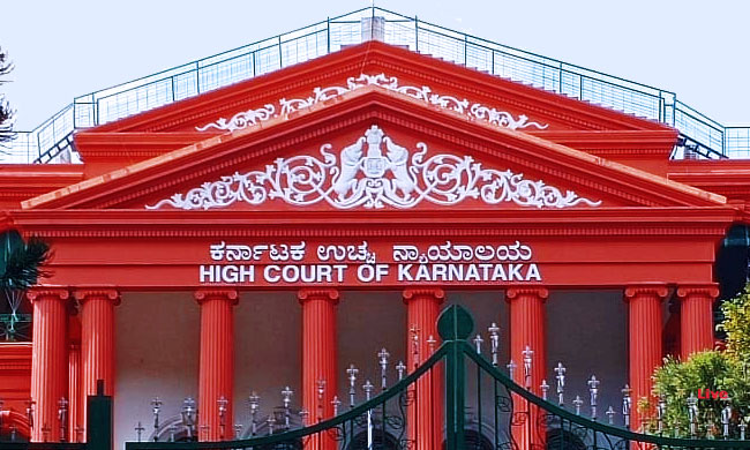
Unlocking Legal Clarity: Delhi High Court Upholds Writ Petition for Revenue Determination Amidst Arbitration Dispute
Last Updated on January 28, 2024 by News Desk
In a recent development, the Delhi High Court has granted permission for a writ petition, allowing the petitioner to approach the Chief Controlling Revenue Authority to settle the amount payable on an instrument, despite the ongoing arbitration under Section 8 of the A&C Act.
Justice Subramonium Prasad, presiding over the case, emphasized that even though the arbitral tribunal holds the power to conduct such assessments, it cannot bar the High Court from entertaining a writ petition to ascertain whether the state has suffered any revenue loss.
The dispute originated from an MoU dated 12.11.2014, which included an arbitration clause for dispute resolution. Subsequently, the petitioner filed a suit, leading the respondents to apply under Section 8 of the A&C Act, seeking arbitration reference based on the MoU’s clause. The Court accepted the petition, referring the dispute to arbitration. Dissatisfied, the petitioner pursued an LPA currently under consideration.
Later, the petitioner filed a writ petition, seeking specific directions, including declaring the agreement null and void. The key contentions revolved around the inadequate stamping of the MoU by the respondents, necessitating a review to ensure proper stamping, and the delegation of duty under Section 33(2) to examine and impound instruments.
While the respondent argued that the Court had already addressed the matter in the Section 8 application, the petitioner contended that Section 16(1)(a) of the A&C Act empowered the arbitral tribunal to handle objections. The tribunal could impound non-stamped or insufficiently stamped instruments.
The Court, analyzing Sections 31, 33, and 56 of the Indian Stamp Act, emphasized their role in safeguarding the state’s revenue. It clarified that directing the determination of stamp duty would not override the earlier findings, emphasizing that the issue of stamping’s relevance for arbitration reference was distinct.
The Court maintained that the arbitral tribunal’s capability to perform a similar exercise doesn’t strip the High Court of its jurisdiction in entertaining the writ petition. The central question remains whether the State has suffered a revenue loss on the stamp duty payable.
Without delving into the case’s merits, the Court directed the petitioner to approach the Chief Controlling Revenue Authority to decide on the sufficiency of stamp duty paid on the instrument.
Written by — Athi Venkatesh AVD




